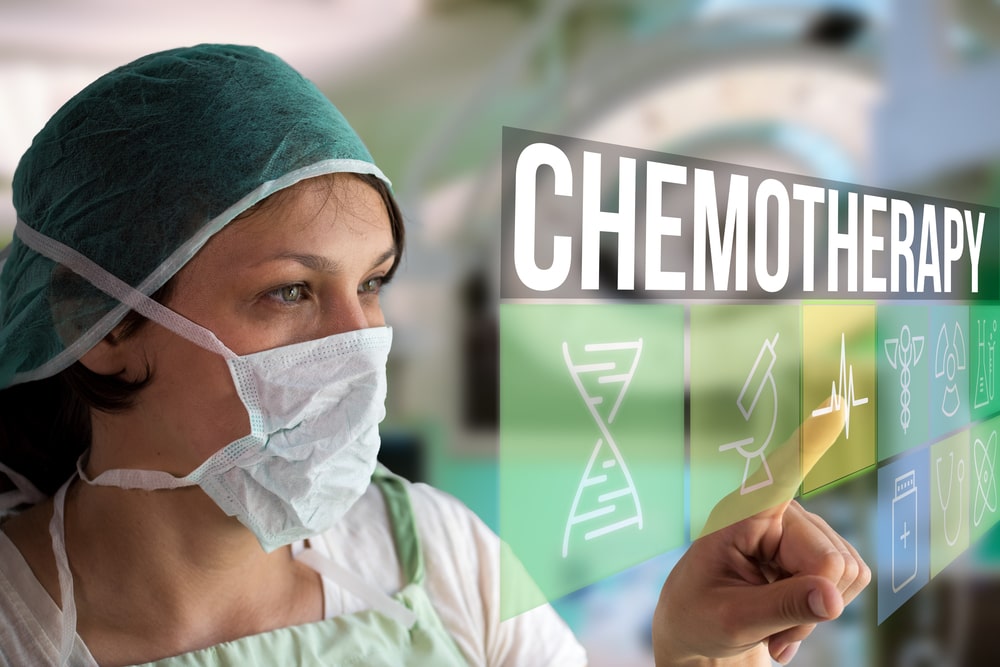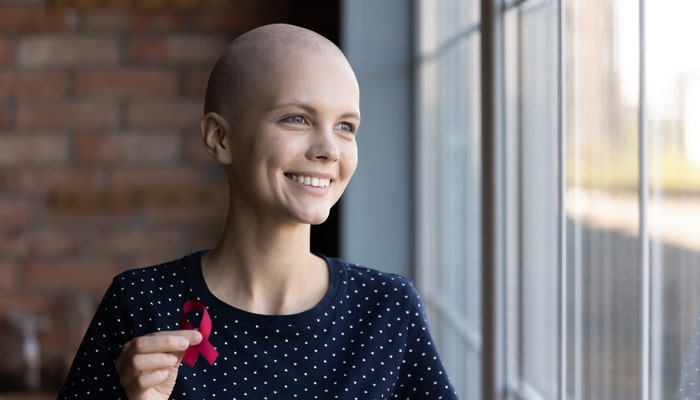Chemotherapy: Effective And Helpful In The Treatment Of Cancer
Cancer can be heartbreaking, but more distressing is leaving your will-power to get fit again. Chemotherapy is one of the treatments available and used to kill cancer cells that have spread to various body parts. Let’s have a look at chemotherapy from a wider perspective.
Why Chemotherapy?

Chemotherapy is often associated with cancer treatment. However, the term ‘Chemotherapy’ is not limited to cancer. Basically, it is the use of any drug to treat any disease.
Cancer cells divide and grow very quickly. Radiation and surgery are also the ways to kill cancer cells but they target only a specific area.
Conversely, chemo works throughout the body and targets cancer cells that have spread to other body parts as well.
Understanding Chemotherapy Better:

If your doctor has suggested you chemotherapy treatment for cancer, then it is very important to understand certain things before proceeding. There are three basic steps (cure, control, and palliation) to know what chemotherapy does. Depending on the type of cancer the patient is suffering from and how far it has spread to other parts, this treatment works accordingly.
Cure:
Every doctor tries his/her best to cure cancer which means that cancer gets destroyed and may not come back. So when giving treatment that has the chance of curing a person, the doctor describes it with curative intent.
Control:
In some cases, cure is not possible. In such a scenario, the doctor tries his/her best to control cancer. Here, the purpose of chemo changes from cure to preventing tumors from spreading and growing. In this, cancer does not go away but is controlled and managed. If cancer comes back, chemo can be given again.
Palliation:
When the cancer is diagnosed at the advanced stage, the purpose of chemo is to ease the symptoms caused by cancer, thereby improving a person’s quality of life and help them feel better.
How is chemotherapy done?

Depending on the type and stage of cancer you are suffering from, your doctor will decide the type of drug or combination of chemotherapy drugs best suited for you.
The dosage, medium to give the drug, the frequency and how long the treatment will go is all dependent on the type of cancer and how it is affecting your body. The patient’s age, overall health and other health problems are also important in determining chemotherapy drugs.
For example, patient suffering from kidney, liver and thyroid cancer is given Sorafenib (Nexavar) as chemotherapy drug that works by diminishing the growth of cancer cells. The dosage of this medication is completely dependent on the patient’s medical condition and response to treatment.
Sometimes, the doctor gives various drugs so that these can work in different ways to kill cancer cells. In many cases, chemotherapy is used in combination with surgery and radiation therapy (known as neoadjuvant therapy). Chemo can also be used after surgery or radiation therapy to make sure that remaining cancer cells are killed too (adjuvant therapy).
Ways to give chemotherapy?
There are various ways through which chemotherapy can be given to you. Injections (shot in the muscle), Intra-arterial (drug goes directly into the artery), Intraperitoneal (drug delivered to the peritoneal cavity), Intravenous (goes directly into a vein), topical (rub the drug in a cream form) and oral (swallow a pill or liquid).
Your attitude matters:

There is no sure way to tell how you will feel after a chemotherapy session because overall health, type of cancer and genes plays a vital role in it. Sometimes you can feel tired and plan to rest the entire day. May be you have to drive back and forth from treatment.
But no matter what, before starting chemotherapy session, prepare yourself that your body is healthy enough to accept any treatment and can cope up with the chemotherapy sessions.

